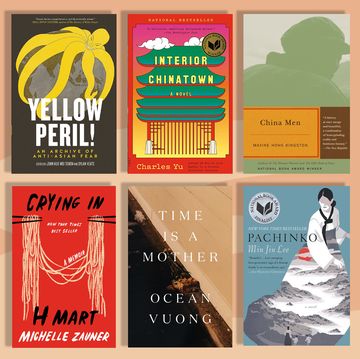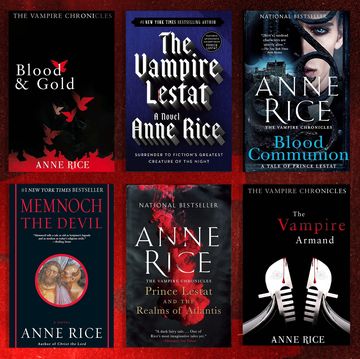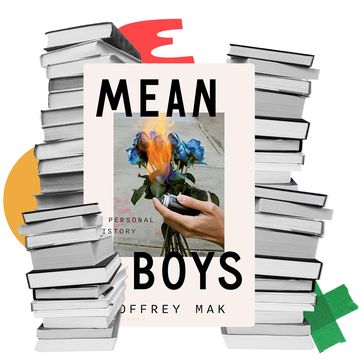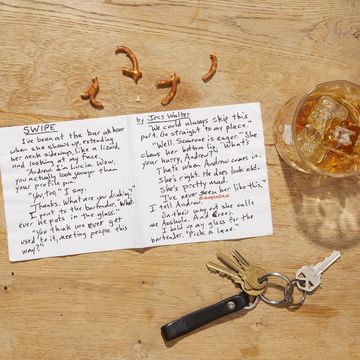When I was in high school, extinction was all the rage. I liked A Tale of Two Cities well enough, but it couldn't hold a stick to the apocalyptic daydream that is Lord of the Flies. And while Orwell might have imagined the future as a jackboot forever stomping on a human face, the largely forgotten On the Beach depicted a future unblemished by either jackboots or faces. Then the cold war ended. And it was nothing at all like Lord of the Flies. No mushroom clouds, no island of orphans worshipping pig on a stick. The world, it seemed, would keep on keeping on.
Now, however, the falcon has once again loosed himself from his falconer. Cormac McCarthy's The Road was ahead of the curve in its teleological gloom. And best sellers like Elizabeth Kolbert's Field Notes from a Catastrophe and Alan Weisman's The World Without Us invoke a kind of dread not experienced since the kids carried John Hersey's Hiroshima in their backpacks.
Into this mix come new riffs on the apocalypse by E. L. Doctorow and Jonathan Lethem. In Homer & Langley (Random House, $26), Doctorow liberally tells the story of the real-life Collyer brothers, a couple of Manhattan eccentrics who lived small, strange lives in a decaying Fifth Avenue mansion. The novel is narrated by Homer, who, blinded as a kid, spends the bulk of his time playing piano and remembering the way things used to be. In short, things used to be a lot better. Everybody knows this, but in Doctorow's telling, the complaint gathers an elegiac force that goes beyond simple nostalgia. This is Forrest Gump by way of Ecclesiastes, a sustained lament over the futility of human endeavor. "Christ, what I wouldn't give to be something other than a human being," Langley tells us.
Like Homer & Langley, Lethem's Chronic City (Doubleday, $27) is built around an unusual friendship that offers a measure of security in a world gone berserk. A mysterious fog has enveloped downtown Manhattan, and whole apartment buildings are given over to stray dogs. As the world is in tumult around them, Perkus Tooth, archivist of New York's vanished underground, and Chase Insteadman, a onetime child actor, smoke lots of dope and eat lots of cheeseburgers and analyze the cultural significance of Steve Martin and Marlon Brando. The novel functions much like Manhattan used to — a mad scramble of connections made and, more often, missed. If Homer & Langley is haunted by a memory of New York prior to World War I, Chronic City longs for a pre-Giuliani Manhattan.
Both novels make a reader ache for a city long gone. But they also let us know that the end of the world as we know it may only be the end of the world as we know it. What's truly scary is not that life will end but that it will continue in ever reduced circumstances. The nightmare isn't so much the majesty of the mushroom cloud as it is the ubiquity of the toxic airborne event.
I know a lot of people who read Kolbert's and Weisman's books and The Road, but I don't know anybody who is truly concerned that their children won't be able to make a go of it here on earth. Most of us don't fear the world's end; we fear rather that it will suck beyond recognition — that nature will exist only as park, music only as soundtrack, art only as fashion.
The nice thing about impending apocalypse is that it lets you off the hook on so many other fronts — who's got time to worry about the quality of our lives when our very existence is at stake? Doctorow and Lethem make it harder than that. They remind us that it's not just how long we live, it's how well.













